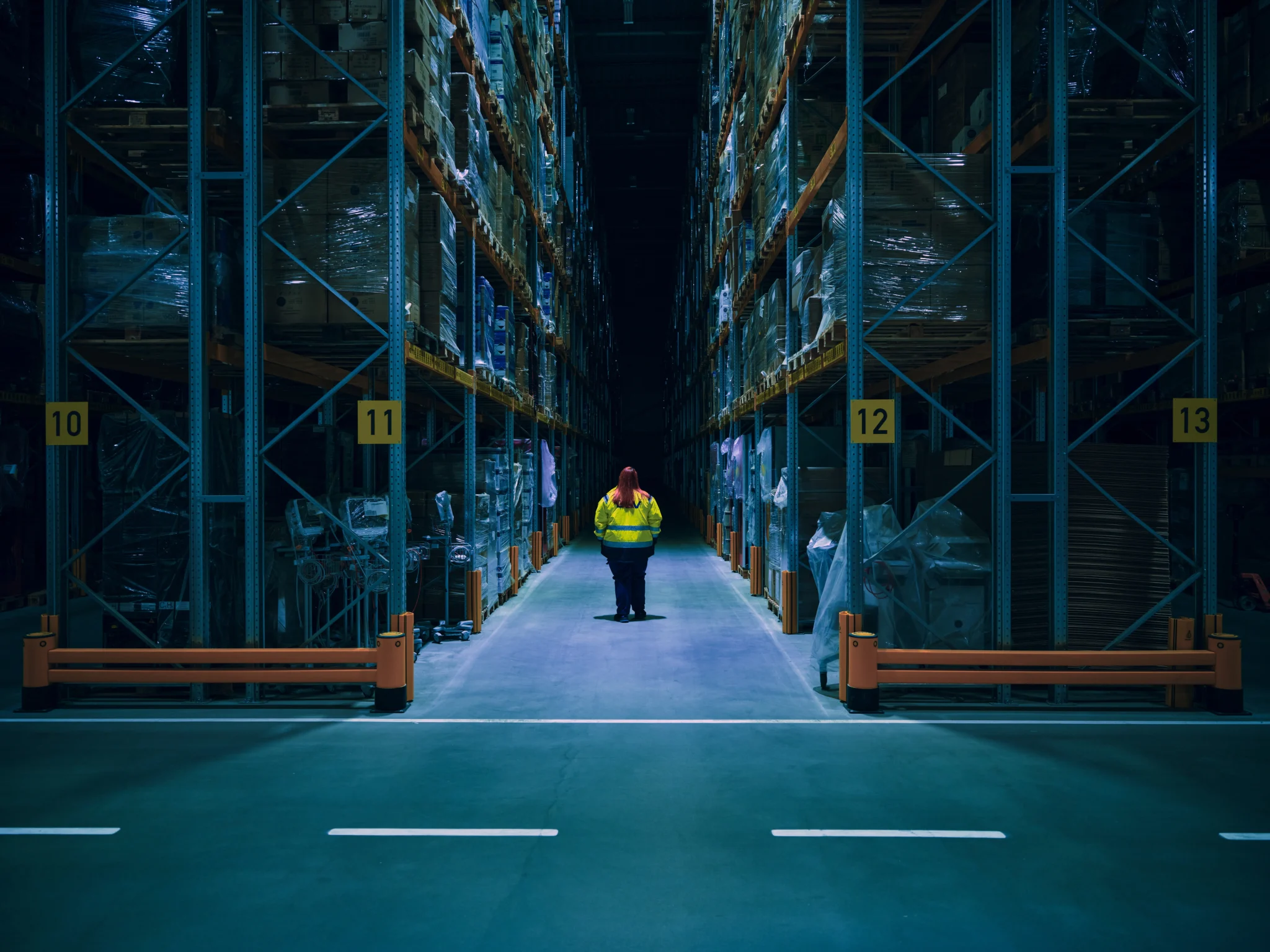How can warehouse AMR robots achieve orderly collaboration on a multi-machine scale? How do they adapt to terminal-diversified logistics scenarios? We analyze how one manufacturer’s system can improve the efficiency of factory logistics for typical scenarios.
Intelligent scheduling can be solved by integrating the ‘smart brain’ of automated logistics. SEER Robotics‘s M4 Smart Logistics Management System, which integrates robot scheduling and business systems, provides a one-stop management service for robot-centered automated warehousing and logistics.
M4 consists of five plates, including the RDS unified resource scheduling system with multi-vehicle scheduling as the core, which can meet the business needs of enterprises in different scenarios of scheduling. It provides the optimal solution for robot task allocation, route planning, traffic control, and equipment docking.
Scheduling Across Floors
In large facilities it is common to perform tasks across multiple floors and areas, and so cooperation between robots and intelligent devices is increasing. As an intermediary, the RDS system will dock the upper-level business systems of customers to exchange data and convey tasks downwards to managing robots and other smart devices such as elevators and automatic doors.
Dynamic Global Programming
In an equipment manufacturing workshop conditions for multiple robots to perform tasks are even stricter, such as the narrow aisles that only allow a single vehicle to pass through and the mixed operation environment of humans and machines, making them highly susceptible to congestion and deadlocks due to conflicting robot paths.

However, the RDS system supports dynamic global collaborative planning. By analyzing the robot’s position in real-time, setting task priorities, and considering environmental changes, it can perform multi-robot path search and traffic control and dynamically adjust paths to avoid congestion.
Toy manufacturer Winfat Holdings has 44 intelligent forklifts, with multiple human-robot interaction scenarios. Based on the collaborative planning of the RDS system dozens of robots avoided deadlocks, congestion, and other problems, achieving an overall production efficiency improvement of 300%.
Prevent Empty Loads
Resource waste caused by unloaded robots has always been a problem for most businesses. To solve this problem RDS introduces the modes of ‘hitchhiking’ and ’pre-ordering’ to improve production efficiency. Based on the integrated evaluation function, the RDS system considers the global optimal task allocation scheme from the bottom and provides the pre-order mode for the round-trip transportation from the warehouse to the production line. It prioritizes assigning waybills to robots that are about to complete their tasks. For multi-storage robots, such as the container robots, it provides the ‘hitchhiking’ mode, which allows them to pick up and place their goods at the nearest warehouse to prevent robots from running empty and increase the tempo.
At the Chinawrr warehouse managers can more accurately understand the dynamics of the area based on the real-time data of the RDS system, which facilitates the dynamic adjustment of the task allocation of the inbound and outbound warehouses. It realizes the inbound and outbound warehousing of 290 pallets/hour unilaterally, and the storage capacity has been increased by 20%.
Beat Simulation
How to accurately assess the production cycle and determine the number of robots required is the first consideration for enterprises to implement robots. RDS creates simulation tasks through the Tianfeng task system, adds the number of robots dynamically, and supports random library and concurrent design to simulate production scenarios in real life, facilitate timely adjustments, and make the most accurate evaluations.
For example, the Swedish factory of Electrolux uses the RDS system to conduct simulation of robot and system interfacing, troubleshoot business logic, optimize multi-system communication and production beat problems. They successfully land the robots to optimize the production process from semi-finished products to finished product transportation.
similar news











